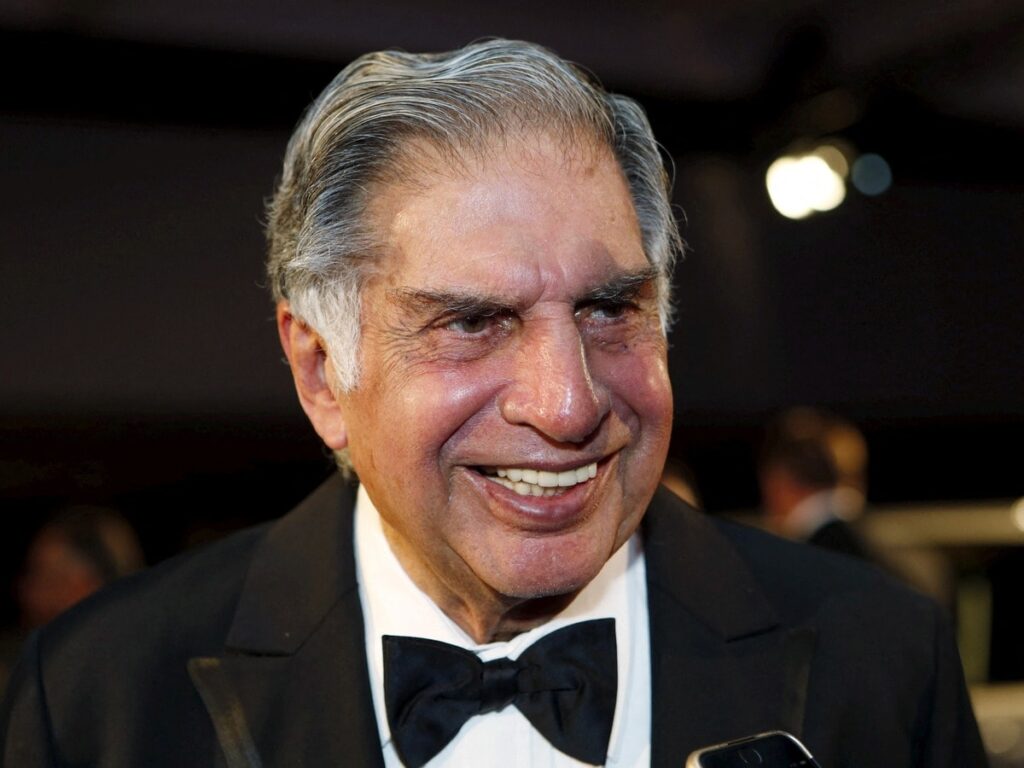Ratan Tata, a revered figure in India and a stalwart of the Tata Group, has recently passed away. His departure marks a significant loss not only for the conglomerate but for the entire nation. Mukesh Ambani, a prominent businessman and rival, expressed profound sorrow over this event, highlighting the personal and collective grief felt across the country. This article delves into Ratan Tata’s remarkable contributions to Indian industry, philanthropy, and his enduring legacy.
Ratan Tata: A Legacy of Leadership
Ratan Tata served as the chairman of Tata Sons from 1991 to 2012, during which he transformed the Tata Group into a global powerhouse. He expanded the company’s reach into diverse sectors such as information technology, steel, automotive, and hospitality.
Transformative Initiatives
- Tata Indica: Launched in 1998, it was India’s first indigenously designed passenger car.
- Global Acquisitions: Under his leadership, Tata Steel acquired Corus Group in 2007, marking a historic move in the Indian industry.
- Acquisition of Jaguar Land Rover: In 2008, Tata Motors purchased this iconic British brand, enhancing the group’s international presence.
Philanthropy and Social Impact
Beyond business, Ratan Tata has been a beacon of philanthropy. His leadership has influenced numerous initiatives aimed at improving education, healthcare, and rural development. The Tata Trusts, which hold a majority stake in Tata Sons, have been pivotal in funding social programs that uplift marginalized communities across India.
Key Philanthropic Efforts
| Initiative | Description | Impact |
|---|---|---|
| Tata Medical Center | A specialized cancer hospital in Kolkata | Provides affordable cancer treatment to thousands |
| Tata Trusts | Supports education, rural livelihoods, and healthcare initiatives | Benefits millions across India |
| Vocational Training Programs | Empowers youth with skills for employment | Enhances employability and economic growth |
The Personal Side of Ratan Tata
Ratan Tata was known for his humility and approachability, often seen engaging with employees and communities. His personal anecdotes reveal a leader who valued relationships over hierarchy. Ambani’s statement underscores the personal loss felt in the business community. The bond formed over shared experiences and mutual respect transcended competition.
Conclusion
The passing of Ratan Tata is not just the loss of a titan of industry but the end of an era characterized by visionary leadership and social responsibility. His contributions to the Tata Group and Indian society will be remembered for generations. As Mukesh Ambani poignantly noted, Ratan Tata’s legacy will forever be etched in the fabric of India, reminding us all of the values of integrity and compassion that he embodied throughout his life.
